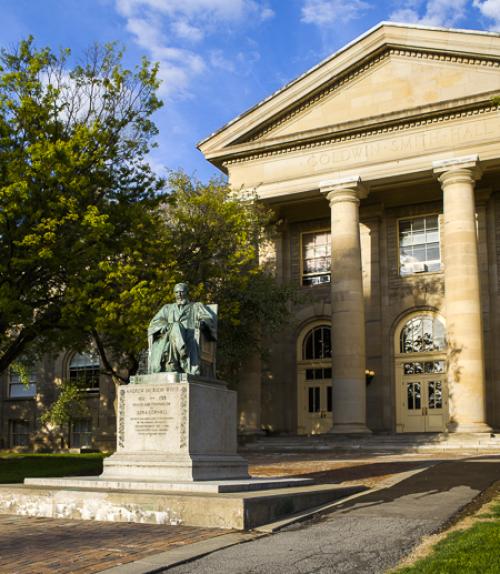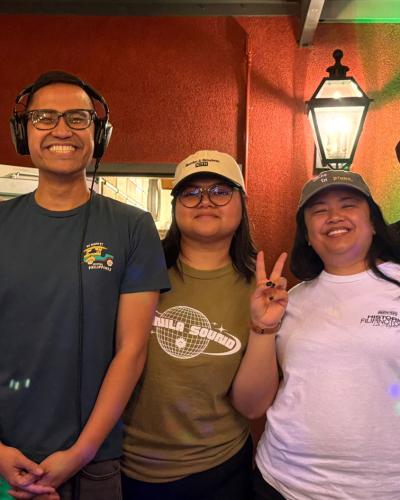In a recent article in Queer Cats Journal of LGBT Studies, Cornell University Department of PhD student Joshua Bastian Cole explores how an understanding of the symptoms of dysphoria can help trans men create stage presence.
“This paper troubles assumptions of acting techniques that actors are by default cisgender. Rather than easily (or painlessly) participating in exercises designed for cisgender actors—such as tracing breath through the abdomen or following a ball of energy from the toes to the top of the head—a trans body encounters a spider web of shattering lines that may block that energy ball or seamless breath. Therefore the idea of bodily unification, which is so heavily enforced in performance training and practices, requires a new definition when considering trans men: a new definition that understands, prepares for, and factors in gaps, shattering, and disappearing, all of which are in opposition to ideas of bodily unity. I suggest trans men can be purposeful within our dysphoria and find ways to take skillful control of a dysphoric way of being through performance, and can do so in a way that does not conflate the socially gendered experience of performativity with performance itself.”
Edinburgh University’s Somatechnics recently published Cole’s article “Passing Glances: Recognizing the Trans Gaze in Mulholland Drive,” in which Cole explores how trans male insight can help unpack David Lynch’s “fragmentary aesthetics.”
“Already a part of the queer film canon because a lesbian relationship drives Mulholland's plot, my trans reading adds a new perspective to the growing literature on queer spectatorship. Here in ‘this Winkie's’ fragmentation, circuitive desires, and cross-identifications transpose onto transtemporal ruptures. If cinema is a somatechnics—a crafting of bodies—it is important to consider the ways spectatorship is informed by trans viewers. In this essay, I demonstrate usages of trans male practices that connect new phenomenological links between embodiment and cinematic experience. My primary concern is to explore how a cinematic body looks, thereby bridging a trans viewer to cinema.”
In an article published earlier this year in TheatreForum, Cole discussed trans representation, trans casting, and explained the casting choices he made for his play Two Truths and Allie at Cornell in spring 2017.
See Confronting authenticity: Why I chose to mix casting in my trans play.
In addition, Cole co-facilitated a roundtable for the Barbara & David Zalaznick Creative Writing Reading Series at Cornell University. Cornell’s Creative Writing Program brings internationally renowned poets, novelists, and essayists to campus each semester. This spring’s series concluded with “TRANS*forming Literature: a reading & conversation with Ryka Aoki, Helen Boyd, & Ely Shipley.”





